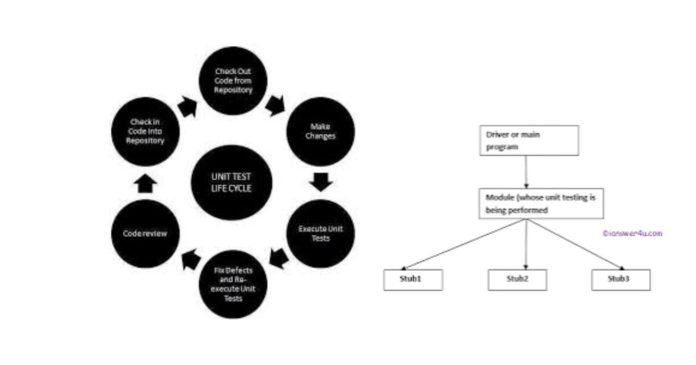Unit testing is a software testing method where individual components or modules of a software application are tested in isolation to ensure they work as expected.
It focuses on verifying the functionality of a specific section of code, typically a function or method, independently from the rest of the application. Unit tests are usually automated and written by developers during the development process.
The primary objectives of unit testing are to validate that each unit of the software performs as intended and to identify bugs early in the development cycle. By isolating each part of the program, unit testing helps pinpoint the exact location of defects, making it easier and faster to fix them.
Unit tests are typically written using testing frameworks such as JUnit (for Java), NUnit (for .NET), or PyTest (for Python). These frameworks provide tools to define test cases, execute them, and report the results. A successful unit test should pass if the code behaves correctly and fail if it encounters unexpected behavior.
The advantages of unit testing include improved code quality, easier code maintenance, and faster debugging. It also facilitates changes and refactoring by ensuring that existing functionality is not broken. Overall, unit testing is a critical practice in achieving robust, reliable software.


